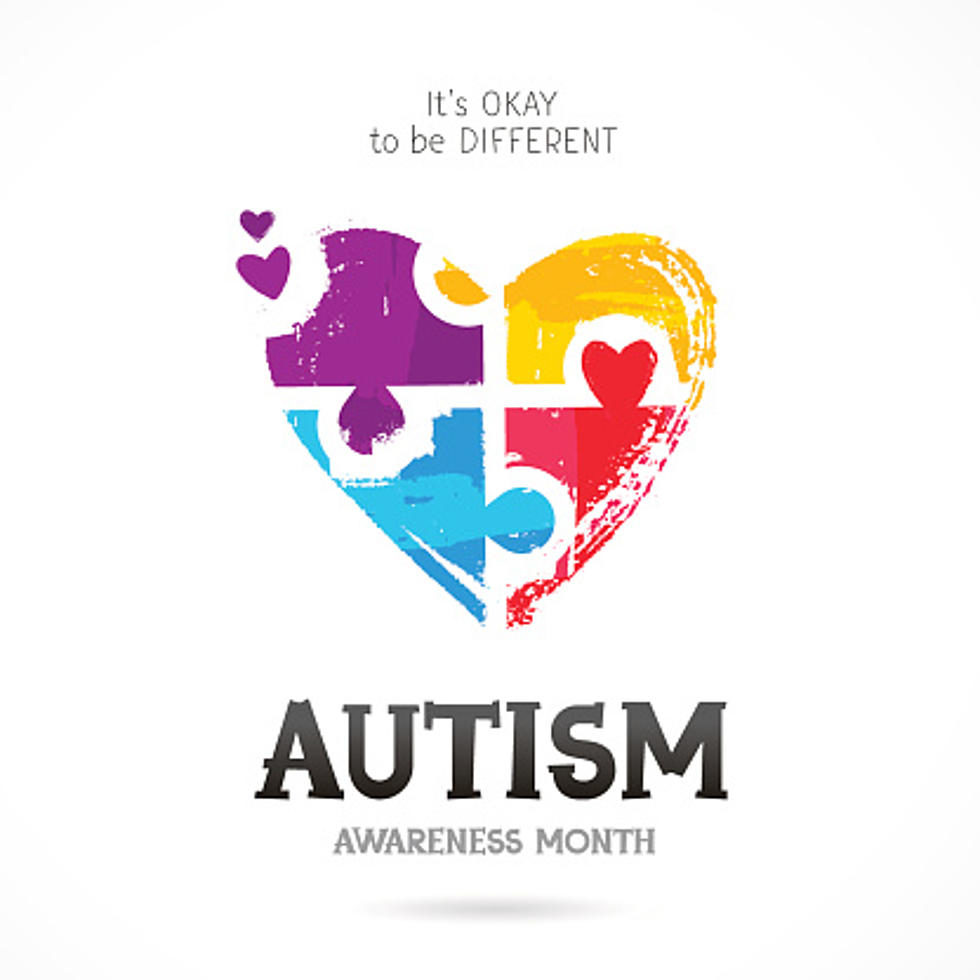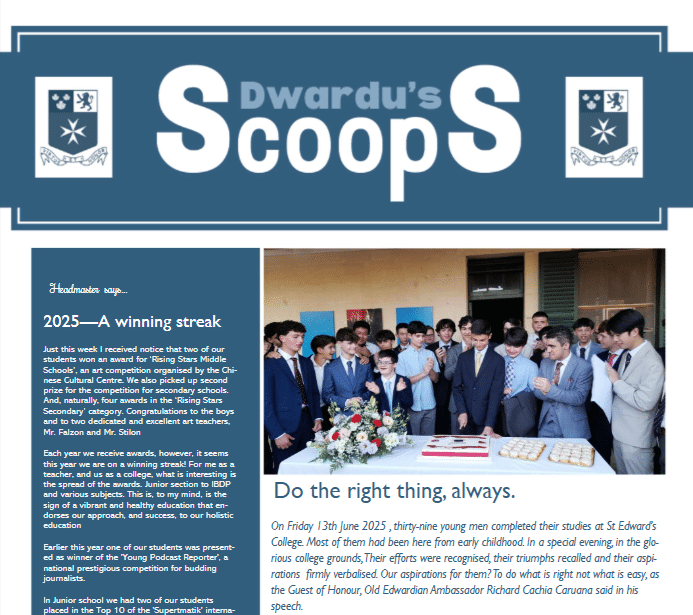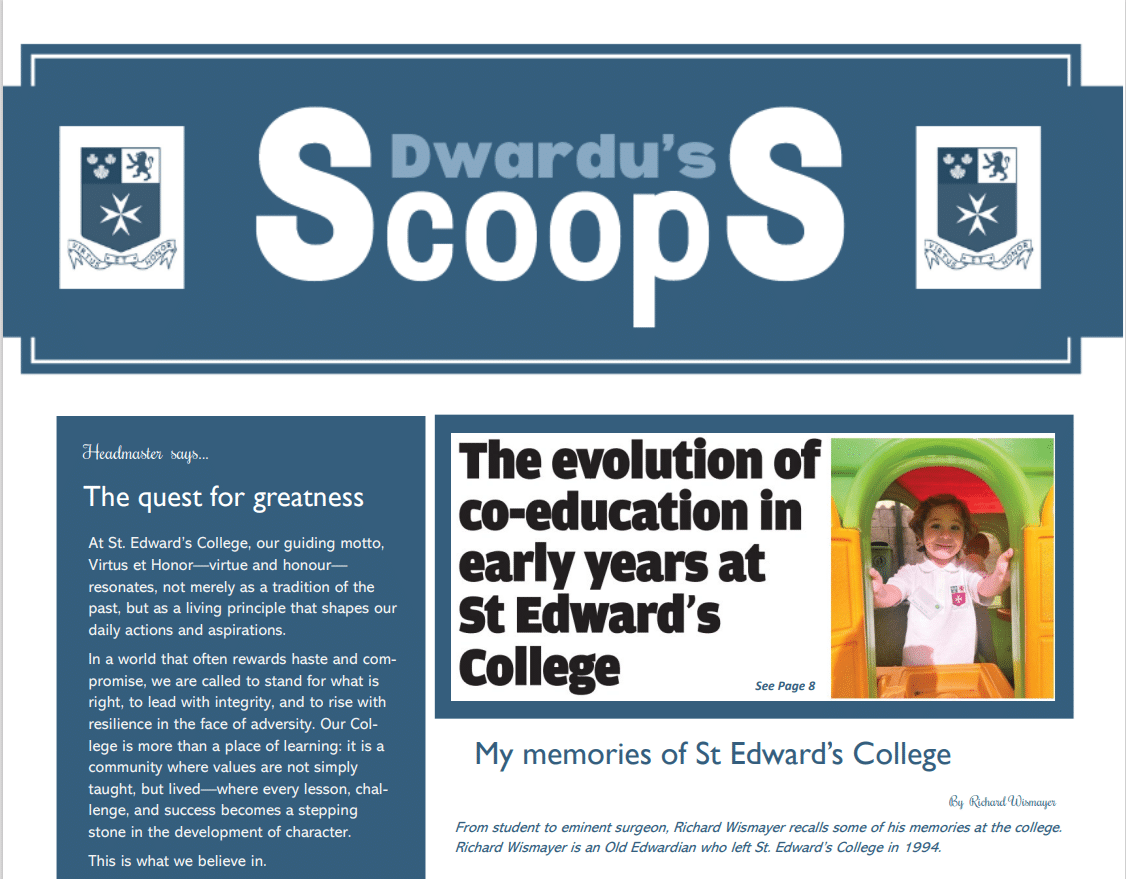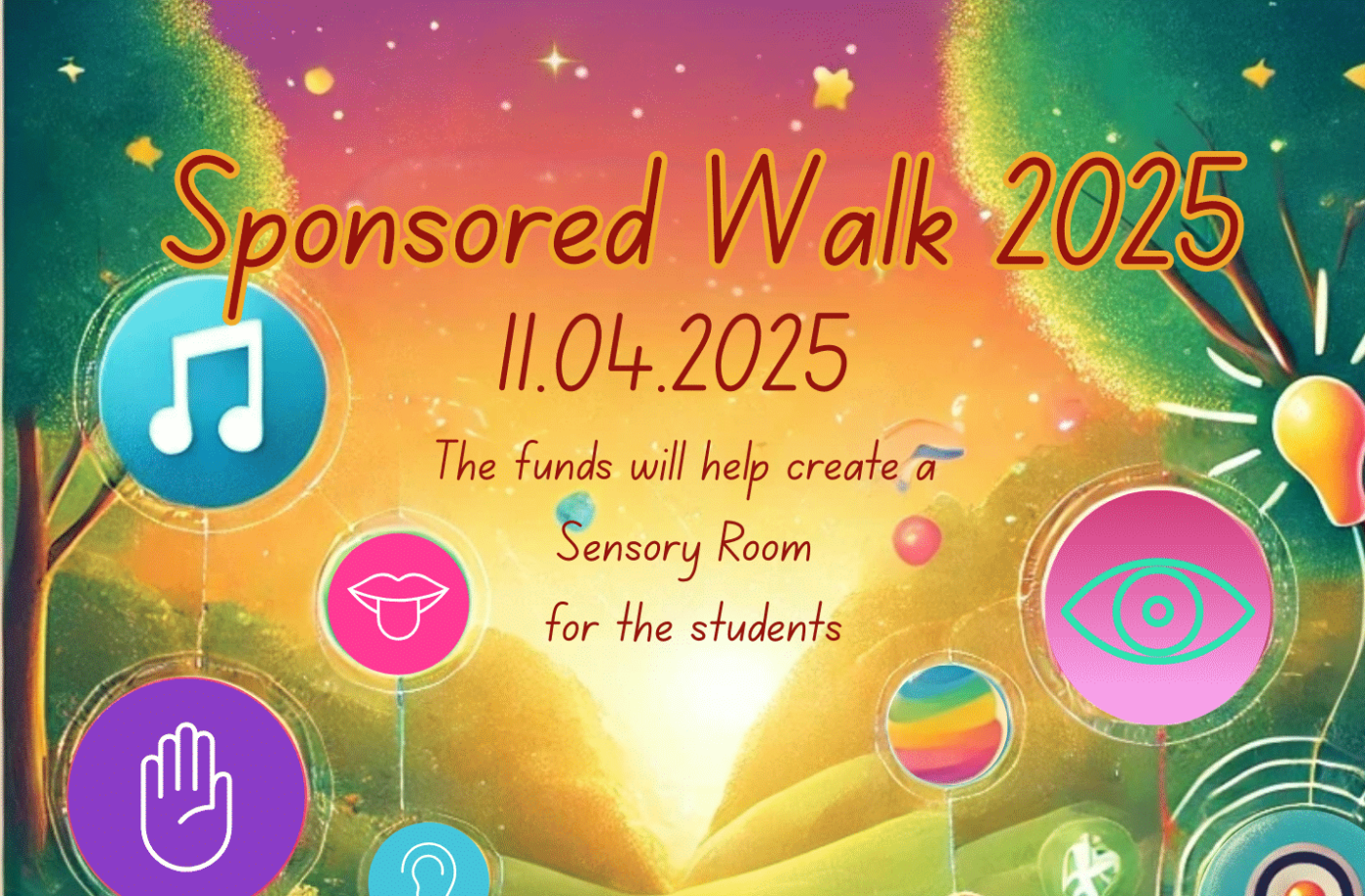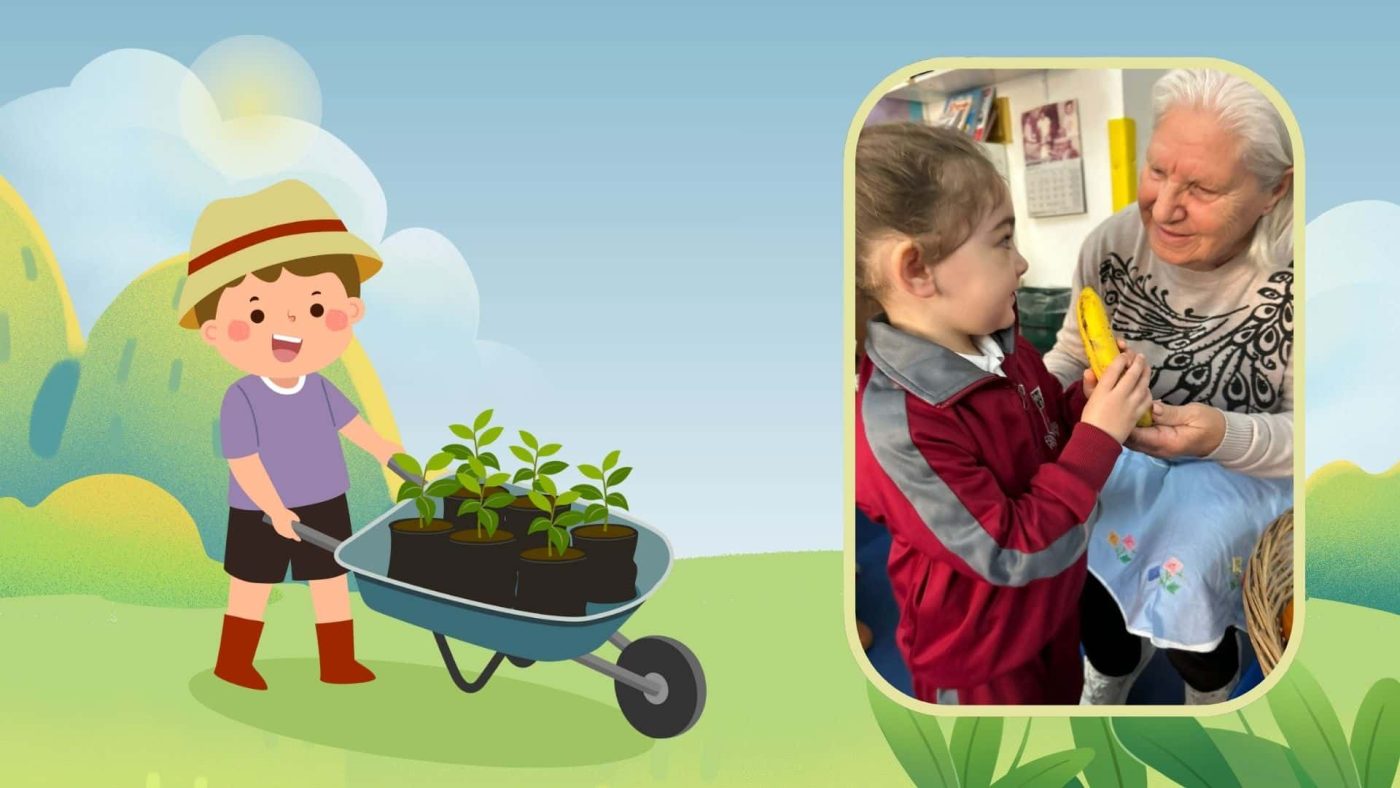A blog post by Ms Antonella Micallef – Inclusion Coordinator at St Edward’s College
My university thesis focused on the lived experiences of friendships of young adults with autism.
Amongst one of the commonly held beliefs about autism is that persons on the spectrum enjoy spending time alone, isolated from the rest. My study attempted to verify whether this statement is true or otherwise, by getting insight from five persons on the spectrum.
In brief, all five participants expressed having difficulties to initiate and maintain their friendships, but this wasn’t a result of them not wanting to be friends with others – but rather a difficulty they all experienced for the world to understand them.
Apart from the importance accorded to academics, I think it is important to promote the importance of friendship – and reaching out to these individuals – especially in times like these, wherein some way or another we are experiencing self-isolation – a feeling, I’m afraid is too familiar for those on the spectrum. I am attaching my thesis for further reference.
Moreover, a few weeks back, I had attended a seminar that targeted young adults with autism held by AX Foundation and I thought of sharing some interesting points that came up from the session.
Five young adults on the autism spectrum shared their personal experiences about their lives at school. The following are some interesting issues which are important for all educators to keep in mind:
The importance of the teaching team to be knowledgeable about the different conditions, and to understand that all individuals on the spectrum are unique – with their needs varying accordingly.
Being aware of the importance of independence – they valued the opportunities to learn independent and life skills as opposed to having their teachers/LSEs ‘mothering’ them.
The importance of friendship – even as all five speakers, recalled having difficulties to make and maintain friends, they were all appreciative of all opportunities presented to them to be integrated and part of a group. The importance of understanding that it’s fine to be different and that being different doesn’t make anyone less than others – but rather unique. They all spoke about their desire to be accepted in society.
